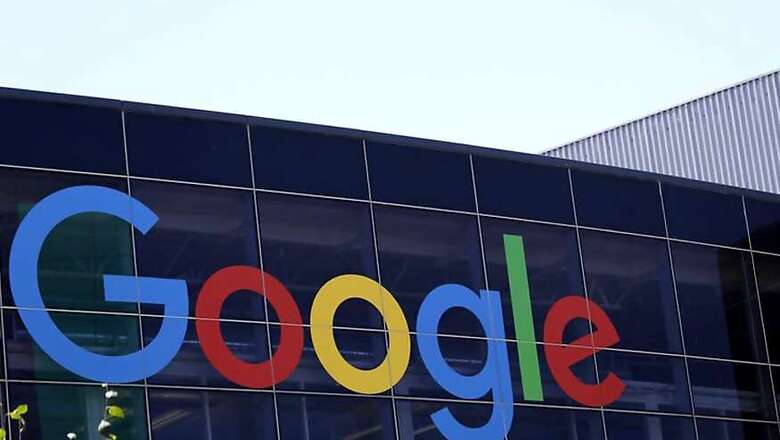
views
Google has embarked on what seems to be a fairly major policy changes to how Android complies with the European Union (EU) norms, even as the company is fighting the anti-trust ruling tooth and nail. Back in July, the European Commission had ordered Google to stop asking phone makers to preload Google Search and Google Chrome web browser on Android devices—and Google was fined a huge $5 billion for antitrust violations. Now, the company is changing policy in terms of how the EU wants it to operate in the region.
The first change is about how Google is changing the way it licenses its suite of Android apps in Europe. It is the first time ever that Google will now charge a licensing fee from Android device makers for installing the Google Play Store and other Google apps on devices that they sell. While the base Android operating system as it is remains free to use, any other apps that phone and tablet makers would want to install on their phones, such as the Play Store or the Chrome browser or Maps, will be available for a license fee. The advantage is that device makers are no longer required to accept all Google apps as a bundle. The flipside is, this is an added cost for device makers, which they will eventually pass on to consumers by slightly increasing prices of the devices they sell.
The way this will work is that Android, formally referred to as Android Open Source Project (AOSP) is free to use. On top of that, apps such as the Play Store and some other apps including Gmail, Google Maps, and YouTube, will be available as part of a licensing agreement. The Chrome web browser and Google Search remain optional, but can be added to the licensing agreement, but for a free. The fee structure for these Google apps is not yet clear.
The Android device makers in Europe now have three options. First is to make and sell Android devices without Play Store or any other Google apps—restrictive to use. The second option is to sell Android devices with Play Store and apps such as Maps, Gmail and YouTube, but not pay the extra licensing fee for the Search app and the Chrome web browser—but that would take away a considerable amount of the traditional Android phone experience, since the Search app is deeply integrated into Android, for instance the Google feed home screen. The third, and this is how Android phones and tablets were sold thus far, is to bundle all the apps that Google offers.
If phone makers were to choose the second option, that would mean a significant revenue loss for Google, as it will wean away millions of its users from Search and Chrome browsing platforms. What is not clear is whether this move will restrict users from downloading these apps later on the device they buy.
Google isn’t giving up on fighting this EU ruling, as it goes about complying with the guidelines, at least for the moment. “In July, in our response to the European Commission’s competition decision against Android, we said that rapid innovation, wide choice and falling prices are classic hallmarks of robust competition, and that Android has enabled all of them. We believe that Android has created more choice, not less. That’s why last week we filed our appeal of the Commission’s decision at the General Court of the European Union,” says Hiroshi Lockheimer, Senior Vice President, Platforms & Ecosystems, Google, in an official statement.
At the time of the ruling in July, Google had argued that preloading apps on an Android device does not restrict a user from downloading an alternative of their choice from the Play Store. Last year, according to Google's numbers, more than 94 billion apps were downloaded globally from the Play app store. This included web browsers such as Opera Mini and Firefox, which were downloaded more than 100 million times as well as the UC Browser which was downloaded more than 500 million times. At present, Android phones are made by as many as 1,300 brands globally and there are more than 1 million downloadable apps available on the Play Store.
Also Read | End of the Road for Affordable Android Phones? EU's Record Fine on Google May Hit Prices
















Comments
0 comment